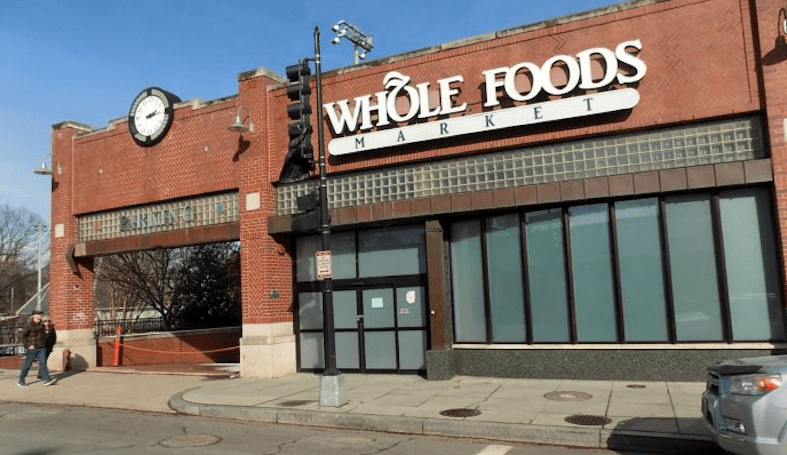Whole Foods Closure Due to ‘Act of God’?
By • October 31, 2019 0 2361

Glover Park, Burleith and Georgetown residents have been mourning the loss of the popular Whole Foods grocery store at 2323 Wisconsin Ave. NW since March of 2017, when it was suddenly closed “due to a rodent problem.” But the matter grew into a contract and remodeling dispute between Wical Limited Partnership, the owner of the building, and Whole Foods, which had just been acquired by Amazon.
On Oct. 28, D.C. District Judge Royce Lamberth set a trial date of May 26, 2020, to hear the entire matter. The key issue is to determine whether or not the rodent problem was an “act of God.”
“Until it decides whether the rodent infestation counts as an act of God, the court can’t rule on any part of the case,” Lamberth wrote. “The infestation must be of such character that it could not have been prevented or avoided by foresight or prudence.”
Both parties stand to lose millions of dollars in rent — paid, delayed and retroactive — and legal fees if the other side prevails.
The issues have escalated from the initial closure of the store by D.C. Department of Health for “persistent signs of a rodent problem,” that is, mouse and rat sightings. In March of 2017, the closure was permitted under the lease for 60 days to take care of the problem. During that period, it appears, Whole Foods decided to use the closure as an opportunity to do some interior remodeling. The lease did not allow a closure of more than 60 days barring a “force majeure” — circumstances beyond the responsible party’s control, such as a natural disaster or other “act of God.”
When the closure extended well beyond 60 days, Wical sued for breach of contract. Wical claims that Whole Foods had decided to use the closure to substantially remodel the interior of the store.
Whole Foods claimed that Wical had breached the contract by delaying signing the remodeling permit requests and that the closure beyond 60 days was allowed due to circumstances beyond its control. Further, Whole Foods maintains that the rodent problem was due to Georgetown’s well-known, ongoing rat infestation issues and the nearby baseball field.
Wical claims that Whole Foods didn’t maintain proper conditions in the store, which allowed a large extended family of rodents to make a home there.
The whole matter was taken to district court about a year ago. In September, Judge Lamberth ruled out a request by all the interests for a summary judgment, a ruling on the merits or on discrete issues of a case without a trial. “Neither side has shown ‘that there is no genuine dispute as to any material fact,’” he wrote. Now the judge will decide if the closure was due to an act of God or not.
Amazon CEO Jeff Bezos is also the publisher and owner of the Washington Post and a part-time resident of Northwest D.C.

